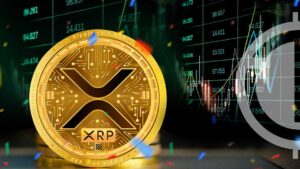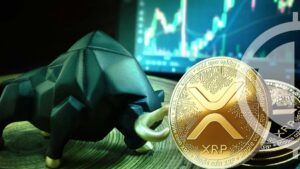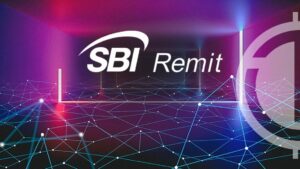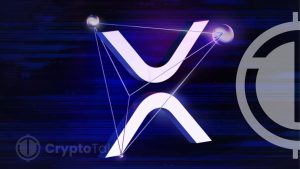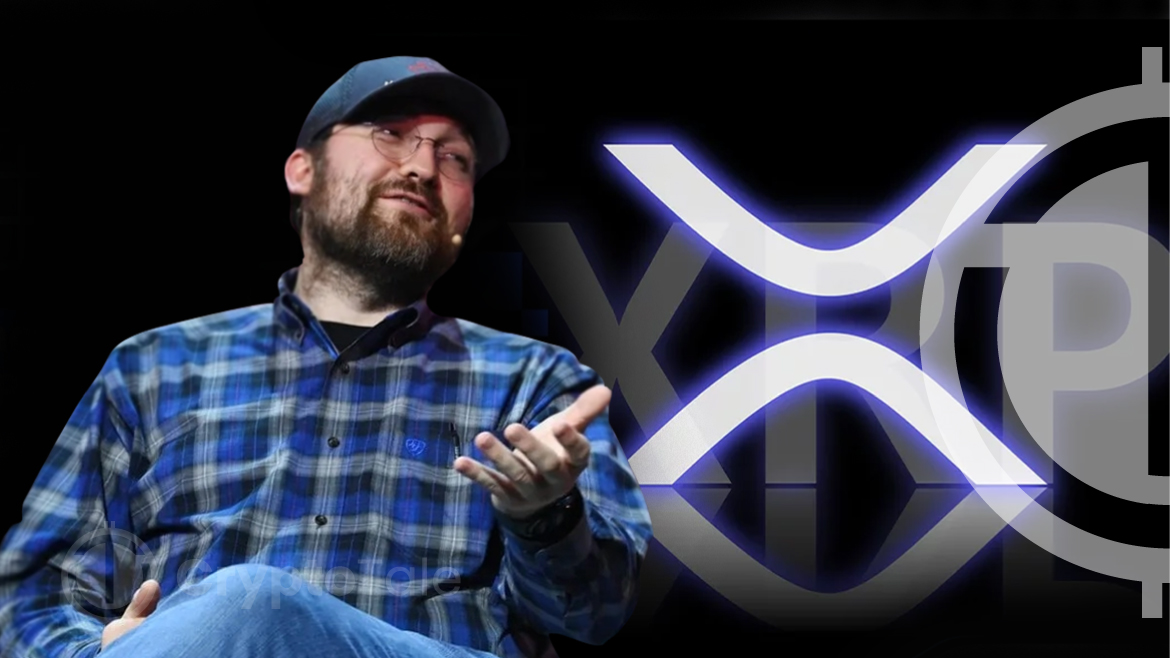
In a recent flare-up within the cryptocurrency community, social media platforms have become the battleground for a tense clash between Charles Hoskinson, the visionary behind Cardano, and fervent members of the XRP community. The digital skirmish unfolded when a Twitter user, claiming allegiance to XRP, accused Hoskinson of a two-year campaign aimed at undermining and humiliating the XRP community.
The catalyst for this renewed conflict was a video snippet where Hoskinson openly expressed disappointment regarding comments from figures associated with XRP. Known for his comments Hoskinson countered, reaffirming his stance that there is no substantive evidence supporting allegations that Joe Lubin, co-founder of Ethereum, wielded influence over the SEC’s treatment of Ethereum in comparison to XRP.
Distinguishing between what he deems legitimate criticism of regulatory approaches to distinct cryptocurrencies and baseless conspiracy theories, Hoskinson’s responses echo the broader discourse questioning the SEC’s consistency and transparency. This discourse has become particularly pronounced within the XRP community, given the ongoing legal saga between Ripple and the SEC.
In a follow-up tweet, Hoskinson emphasized the imperative need for concrete evidence when levying serious accusations. His critique was aimed at what he perceives as the proliferation of conspiracies and slander, shedding light on the frustrations rife within the crypto industry over the rampant spread of misinformation.
This unfolding disagreement serves as a poignant reminder of the urgency and importance of cryptocurrency regulation and the loyalty many community members harbor toward their chosen digital assets. It also underscores the challenges faced by public figures within the digital assets realm, like Hoskinson, who find themselves walking a tightrope between expressing personal viewpoints and addressing an audience that is both highly engaged and frequently polarized.
Charles Hoskinson, the founder of Cardano, made a bold statement recently, asserting why Cardano did not conduct a traditional Initial Coin Offering (ICO). The statement was made amidst a broader discussion in the cryptocurrency community about the classification and regulation of digital assets by the U.S. Securities and Exchange Commission (SEC).



